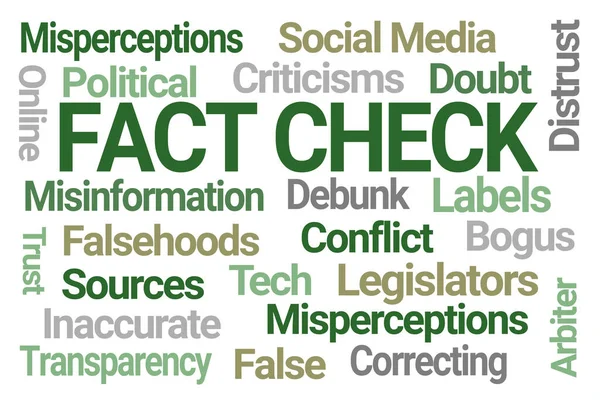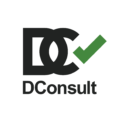
As an experienced practitioner who has successfully guided numerous companies across diverse industries towards certification or adoption of ISO standards 9001, 14001, 45001, and 31000, I’ve witnessed a common misconception. Many companies view these standards as separate entities, distinct from their core business operations. This misconception often leads to hesitation, as they believe that embracing ISO adds extra complexity, consumes precious time and resources, and introduces additional workloads.
However, it’s crucial to dispel this misconception and recognise that the adoption of ISO standards is not an isolated endeavour, rather, it should seamlessly integrate with your business. In this article, I’ll shed light on the interconnection of these standards and their role in bolstering your business’s performance and risk management.
The Misconception of ISO as a Separate Function
Many companies struggle with what some refer to as “ISO” and treat it as a standalone function within their organization. This perception is flawed because ISO standards should not be viewed in isolation but as integral components of business strategy. It’s common to hear objections like, “ISO 45001 will add extra work and responsibilities, we want to focus solely on meeting legislative requirements.”
The Integrated Approach
ISO 9001, 14001, 45001, and 31000 should not be treated as isolated functions of your business. When seamlessly integrated into existing business processes, they offer a comprehensive management framework that emphasizes risk mitigation to prevent disruptions in service delivery or product fulfillment.
A Systematic and Risk-Based Approach
These standards offer a systematic and risk-based approach to Quality Management, Work Health & Safety, and Environmental Management. They emphasize thorough planning, giving businesses the confidence that they will meet their objectives set during the planning process.
ISO 9001: Quality Management Systems
ISO 9001 is not just about ensuring the quality of products or services; it extends to all business functions. Departments like HR, Finance, IT, Administration, Operations, Health, Safety, Quality, Projects, Commercial, and Leadership must all contribute to providing quality services and products. They collectively form the Quality Management System.
ISO 14001: Environmental Management Systems
Similarly, ISO 14001 places responsibility on all business departments to prevent harm to the environment and promote sustainability. The belief that this responsibility only pertains to specific roles is incorrect; every employee plays a role in meeting environmental objectives.
ISO 45001: OHS Management Systems
ISO 45001 ensures the safety of all employees, making it the responsibility of all business departments. It’s a shared commitment to safeguarding the well-being of every team member.
ISO 45001 is an occupational health and safety management system designed to provide a structured framework for effectively managing work health and safety (WHS) requirements. It ensures that a company complies with legislative obligations related to WHS. Neglecting ISO 45001 essentially implies a willingness to take chances with WHS, which can lead to unfortunate consequences, such as regulatory actions or even prosecution in severe cases.
It takes a team to achieve
Certification isn’t the responsibility of a single role, it’s a collaborative effort where integration of these standards with each other and the management system ensures success. An experienced practitioner can play a pivotal role in facilitating this integration and achieving certification or alignment with the standards.
Conclusion
In future articles, I’ll delve deeper into how these standards enable effective planning and risk management, helping businesses excel when confronted with risks or opportunities. Stay tuned for more insights on the importance of integrating ISO standards into your business strategy.
If you’re interested in learning more about how these standards can benefit your company or need guidance on implementation, feel free to follow my articles or contact me via phone or email. At DConsult, we’re here to support your journey toward effective planning and risk management.
You can email me, my email address is darran@dconsult.com.au
